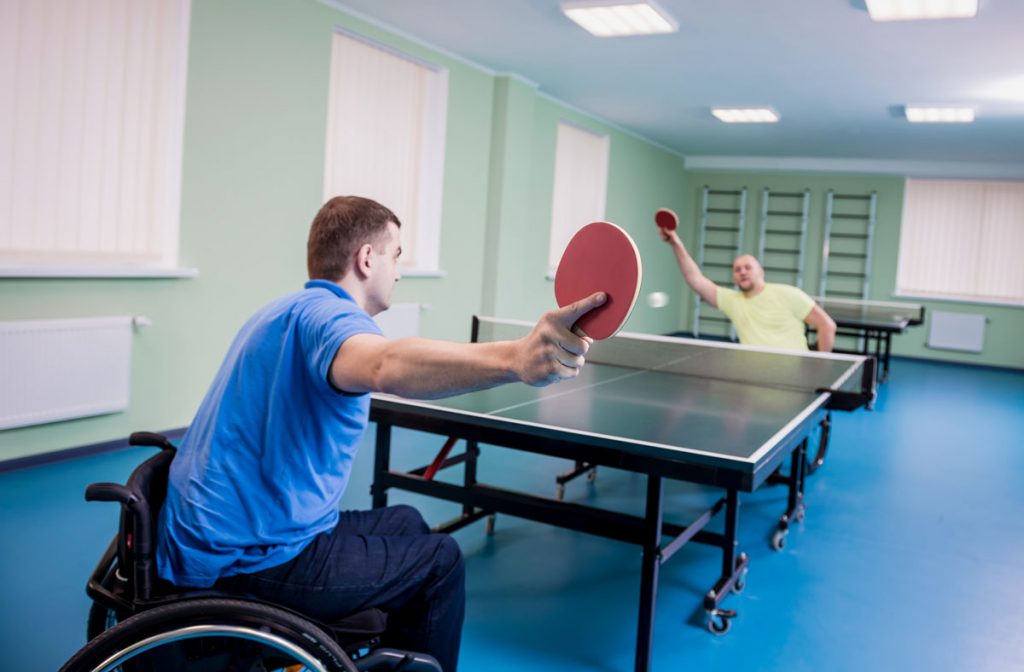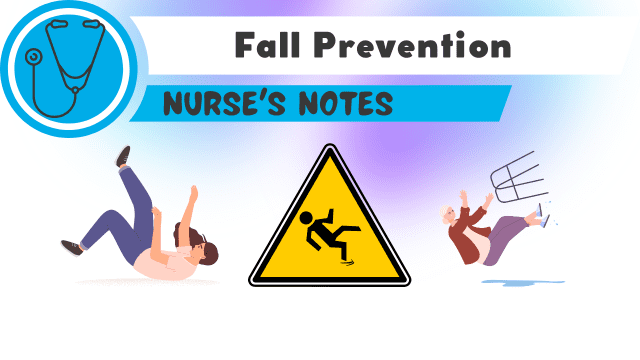8 Easy Facts About Dementia Fall Risk Shown
Table of ContentsGetting My Dementia Fall Risk To WorkWhat Does Dementia Fall Risk Do?The Of Dementia Fall RiskThe smart Trick of Dementia Fall Risk That Nobody is Talking AboutExamine This Report on Dementia Fall Risk
Assessing fall risk aids the whole healthcare team develop a safer environment for each client. Guarantee that there is a designated area in your medical charting system where staff can document/reference ratings and document pertinent notes associated with drop avoidance. The Johns Hopkins Loss Threat Analysis Device is among numerous tools your staff can use to help stop adverse clinical occasions.Client falls in medical facilities prevail and incapacitating unfavorable occasions that persist regardless of decades of effort to decrease them. Improving interaction throughout the evaluating registered nurse, care team, client, and client's most included loved ones may enhance loss prevention initiatives. A team at Brigham and Female's Hospital in Boston, Massachusetts, looked for to establish a standard autumn avoidance program that centered around enhanced communication and individual and family involvement.

The advancement team emphasized that effective application relies on individual and staff buy-in, combination of the program into existing operations, and integrity to program processes. The team kept in mind that they are grappling with how to ensure connection in program execution during durations of situation. Throughout the COVID-19 pandemic, for instance, a rise in inpatient falls was related to restrictions in client involvement in addition to constraints on visitation.
Some Known Factual Statements About Dementia Fall Risk
These incidents are commonly taken into consideration avoidable. To carry out the intervention, organizations require the following: Access to Loss suggestions sources Fall ideas training and retraining for nursing and non-nursing personnel, consisting of new nurses Nursing operations that enable patient and household involvement to conduct the drops assessment, make certain use the avoidance strategy, and carry out patient-level audits.
The results can be extremely damaging, often speeding up individual decrease and triggering longer health center stays. One research study estimated remains boosted an added 12 in-patient days after a patient loss. The Autumn TIPS Program is based on appealing people and their family/loved ones across three main procedures: assessment, individualized preventative interventions, and auditing to make certain that patients are engaged in the three-step autumn prevention process.
The individual analysis is based on the Morse Fall Range, which is a confirmed fall danger evaluation tool for in-patient healthcare facility setups. The scale consists of the six most common reasons patients in medical facilities drop: the person loss background, risky problems (including polypharmacy), use of IVs and other external devices, psychological status, gait, and movement.
Each threat aspect relate to see post several workable evidence-based treatments. The registered nurse produces a plan that integrates the interventions and shows up to the care group, client, and household on a laminated poster or published aesthetic help. Nurses develop the strategy while meeting with the person and the person's family.
Dementia Fall Risk for Dummies
The poster functions as an interaction tool with other participants of the individual's care group. Dementia Fall Risk. The audit component of the program consists of evaluating the client's knowledge of their danger factors and avoidance strategy at the system and hospital levels. Registered nurse champions perform a minimum of five individual meetings a month with patients and their family members to inspect for understanding of the autumn avoidance plan

An approximated 30% of these falls outcome in injuries, which can range in extent. Unlike other damaging events that call for a standardized clinical action, fall avoidance depends highly on the needs of the patient.
The 2-Minute Rule for Dementia Fall Risk

Based on bookkeeping results, one website had 86% compliance and two sites had more than 95% compliance. A cost-benefit evaluation of the Autumn TIPS program in 8 medical facilities approximated that the program expense $0.88 per patient to carry out and resulted in financial savings of $8,500 per 1000 patient-days in direct prices connected to the avoidance of 567 falls over 3 years and eight months.
According to the advancement team, organizations thinking about implementing the program must perform a readiness assessment and drops prevention spaces evaluation. 8 Furthermore, companies should guarantee the necessary facilities and operations for implementation and establish an implementation plan. If one exists, the company's Loss Prevention Task Pressure should be included in preparation.
Getting The Dementia Fall Risk To Work
To begin, companies must make certain conclusion of training modules by registered nurses and nursing aides - Dementia Fall Risk. Hospital staff ought to evaluate, based upon the demands of a health center, whether to use an electronic health and wellness record hard copy or paper version of the loss avoidance strategy. Carrying out teams should hire and educate registered nurse champs and develop processes for bookkeeping and coverage on autumn data
Team need to be associated with the procedure of redesigning the workflow to engage clients and household in the analysis and avoidance plan process. Systems ought to remain in location so that devices can comprehend why an autumn took place and remediate the cause. More specifically, registered find more information nurses need to have networks to give continuous comments to both staff and device management so they can adjust and improve autumn prevention workflows and connect systemic issues.